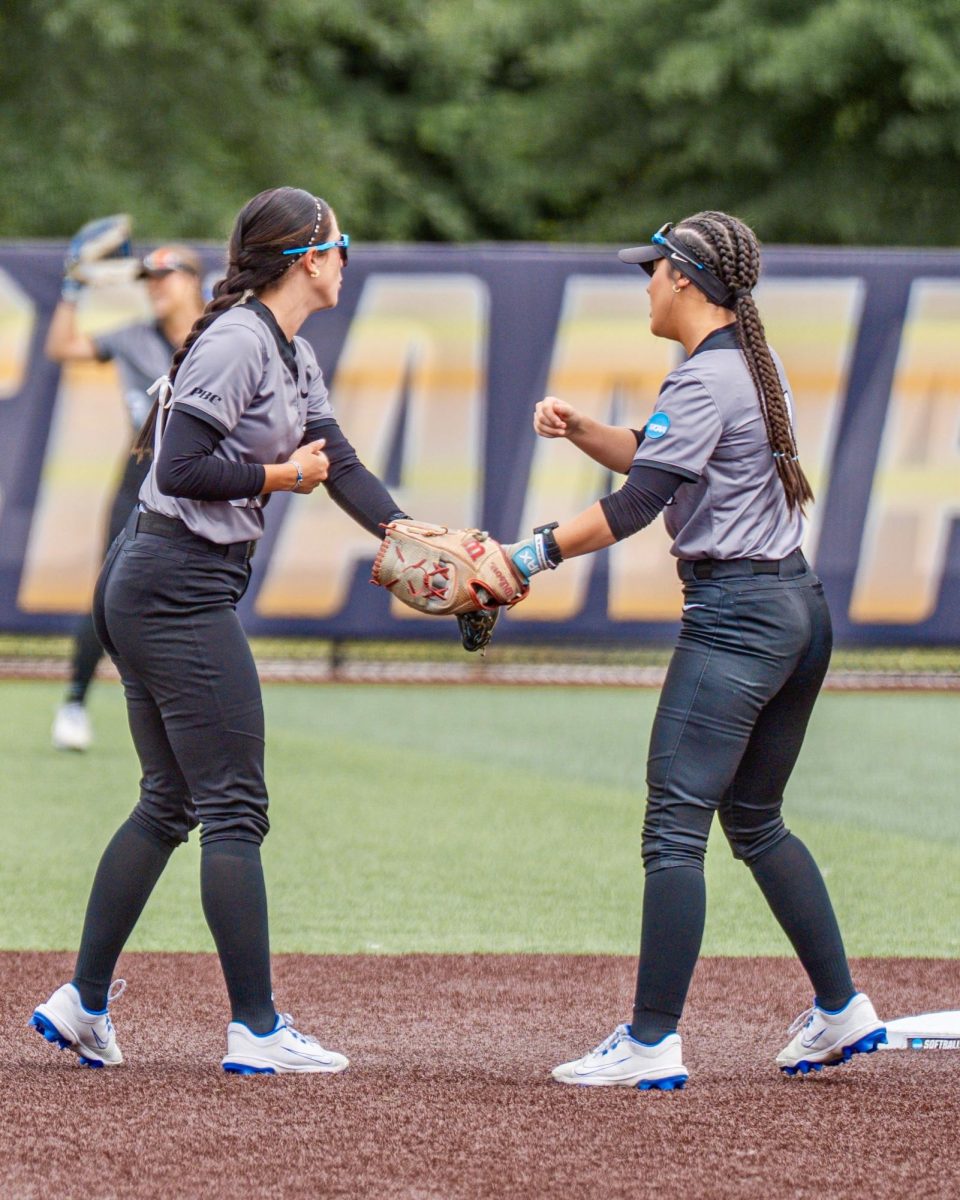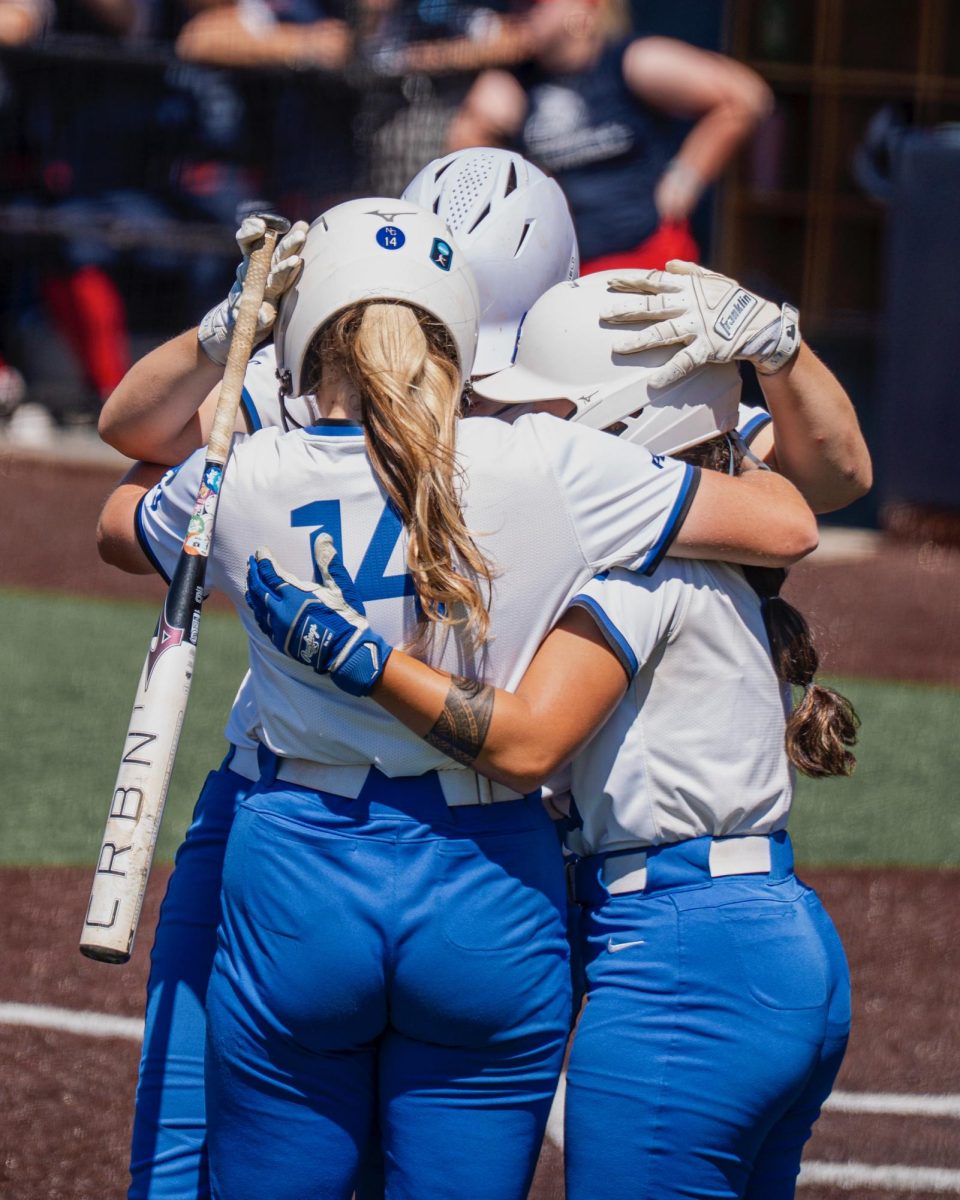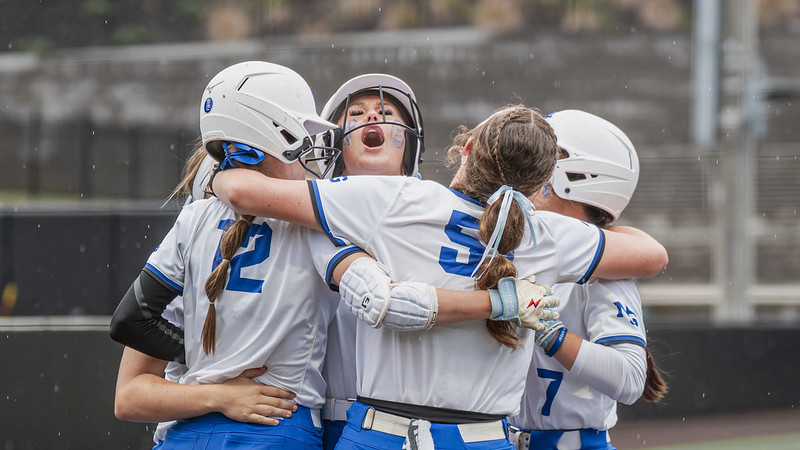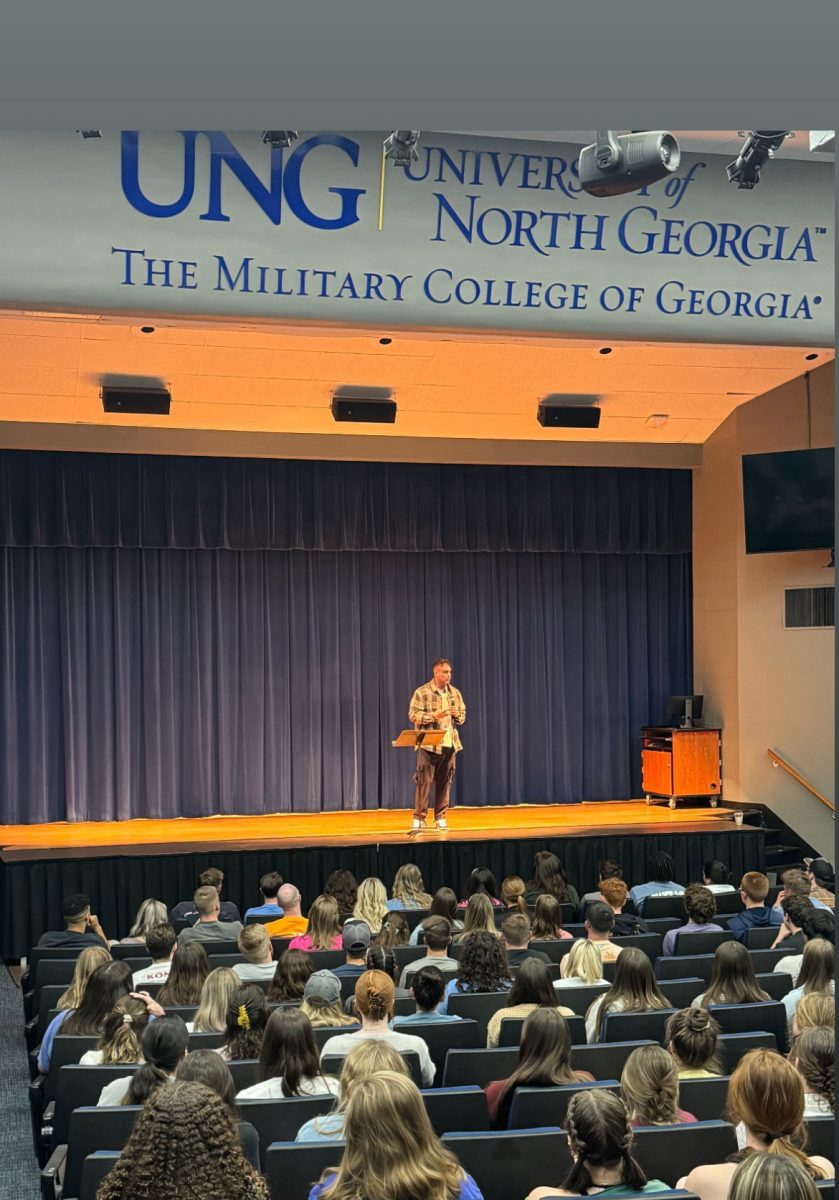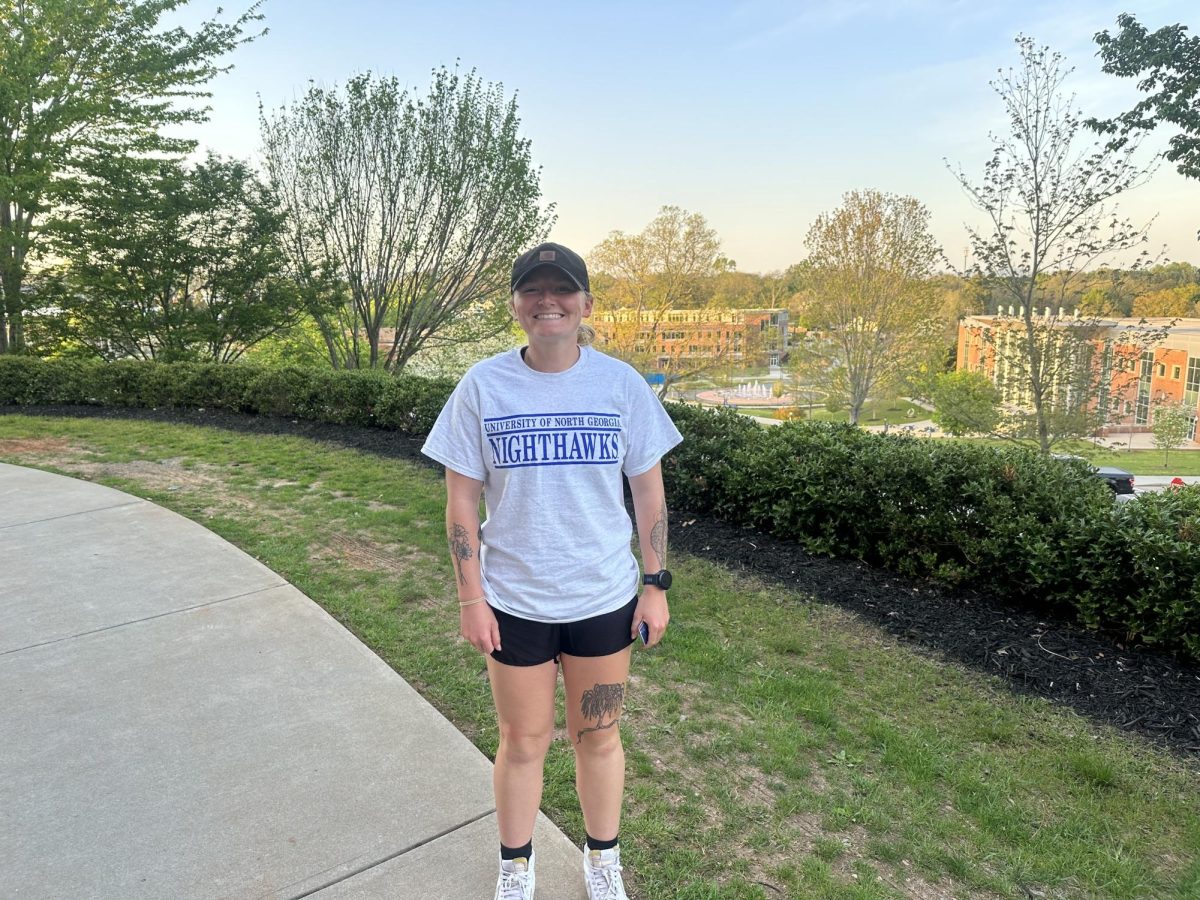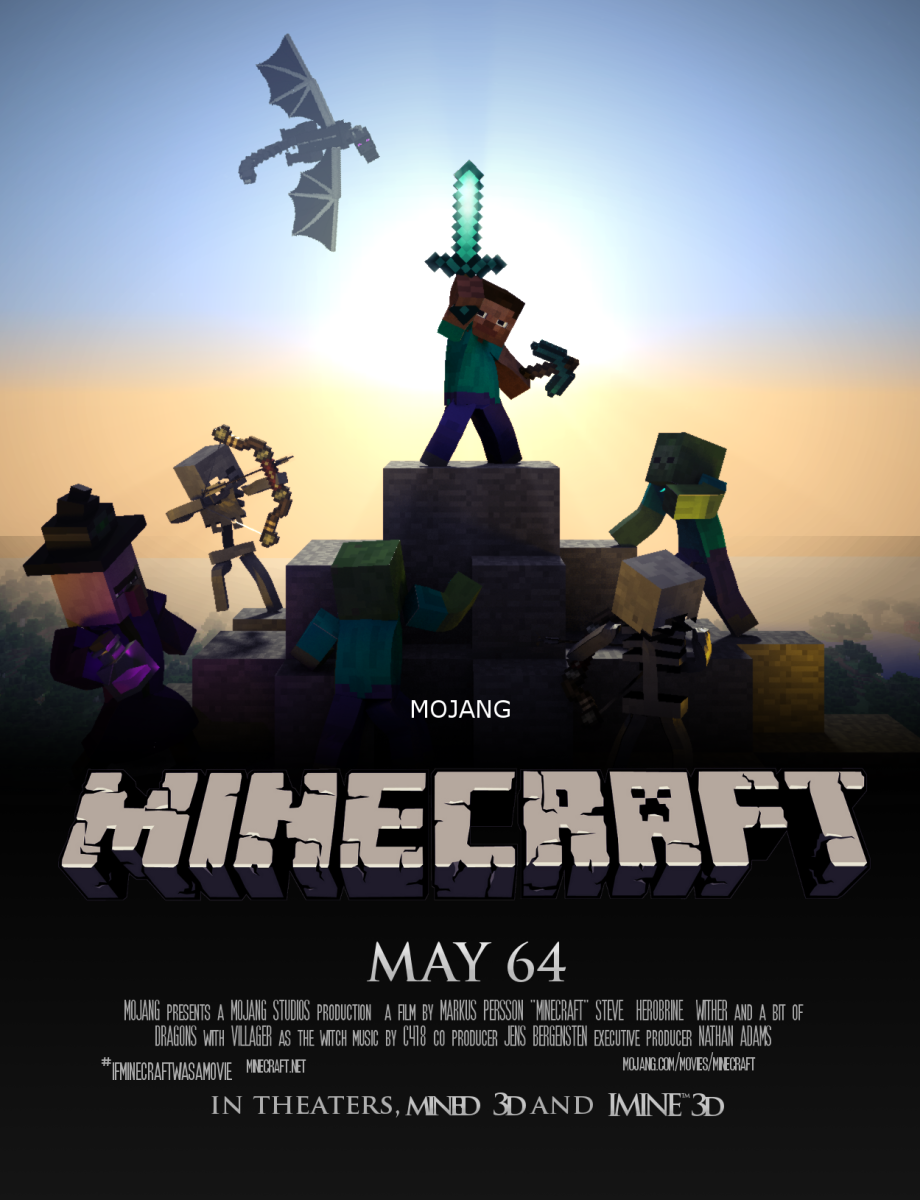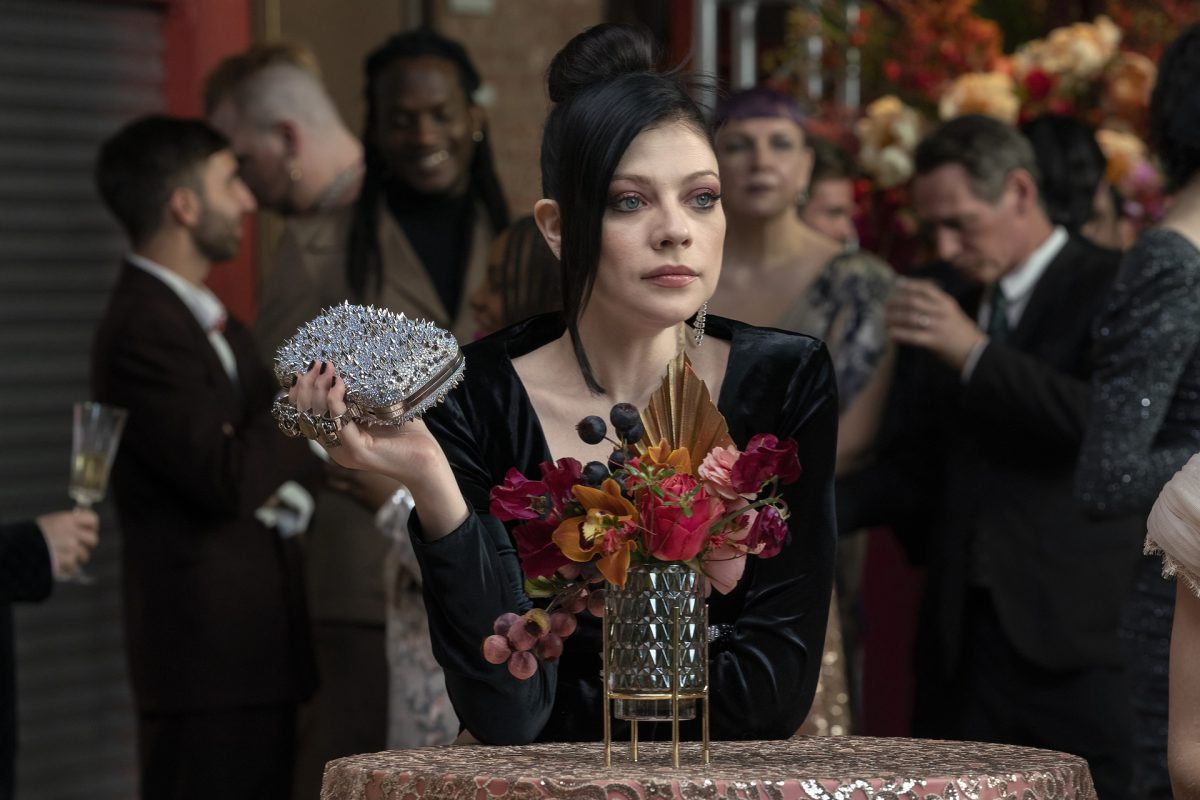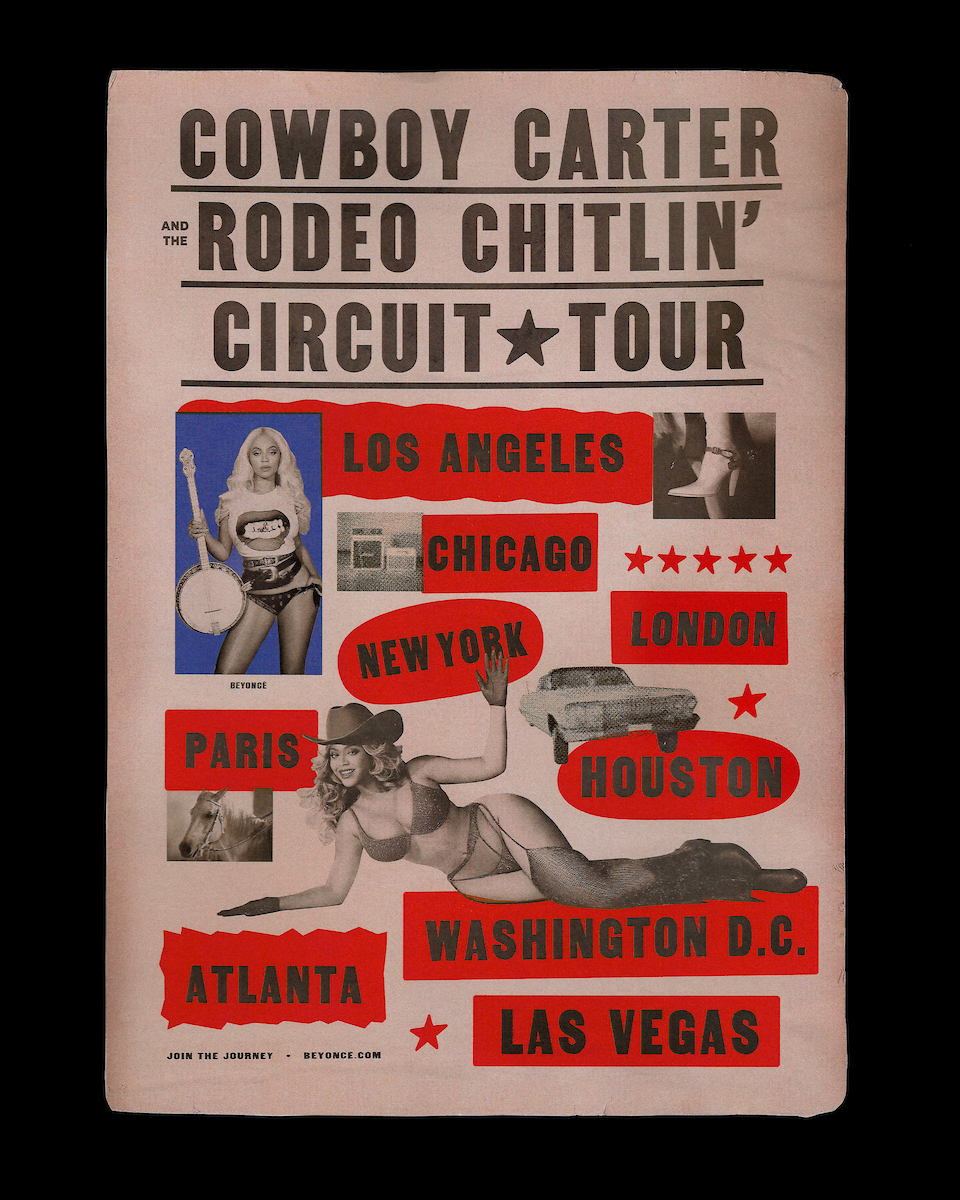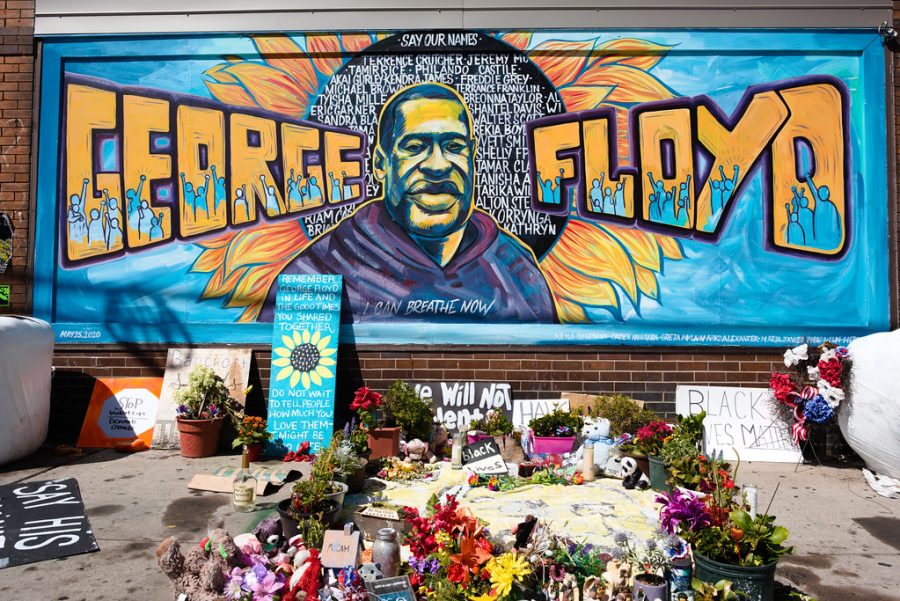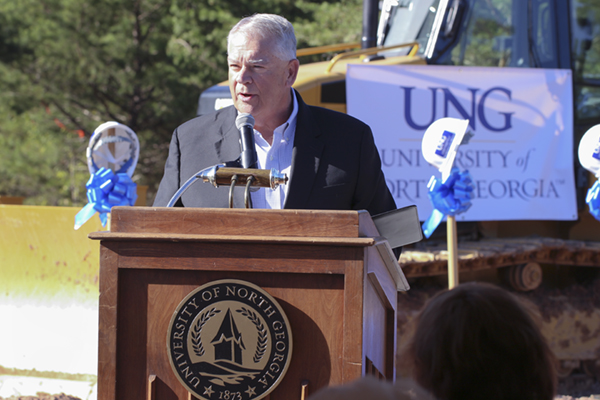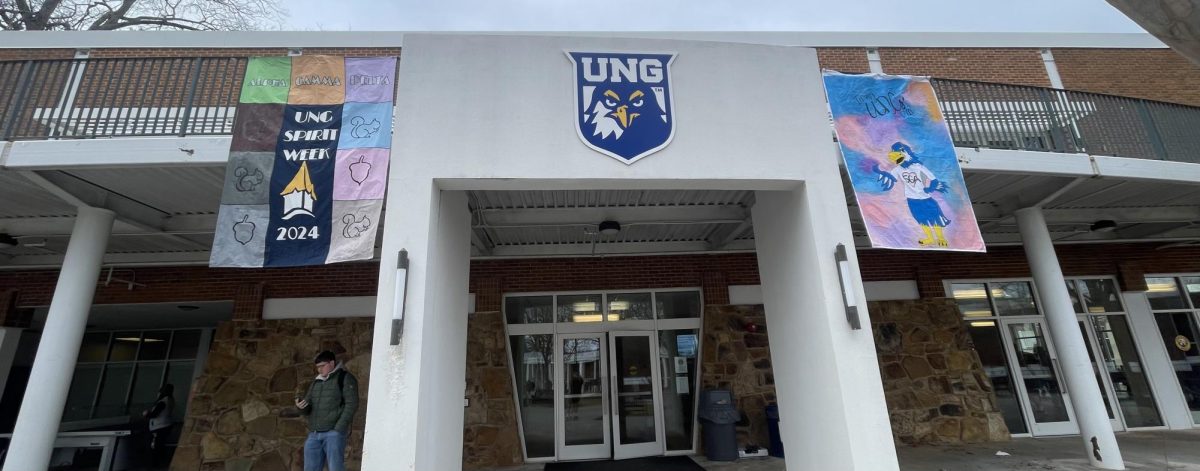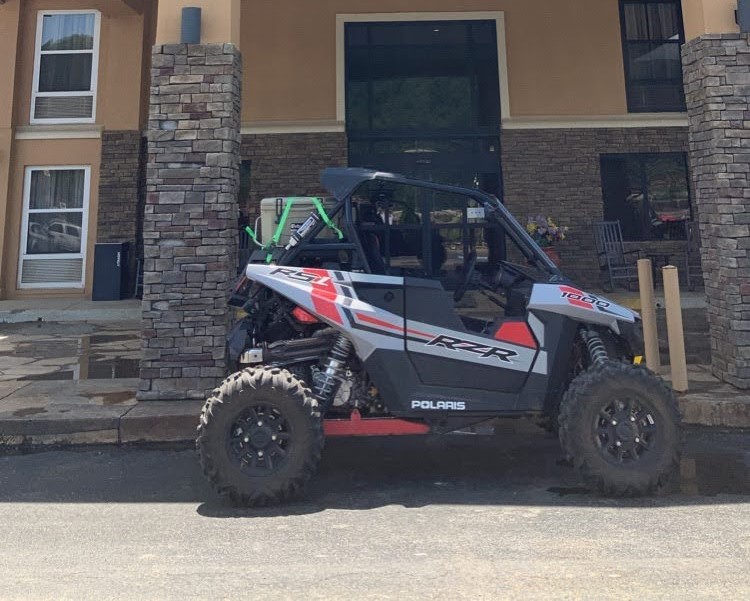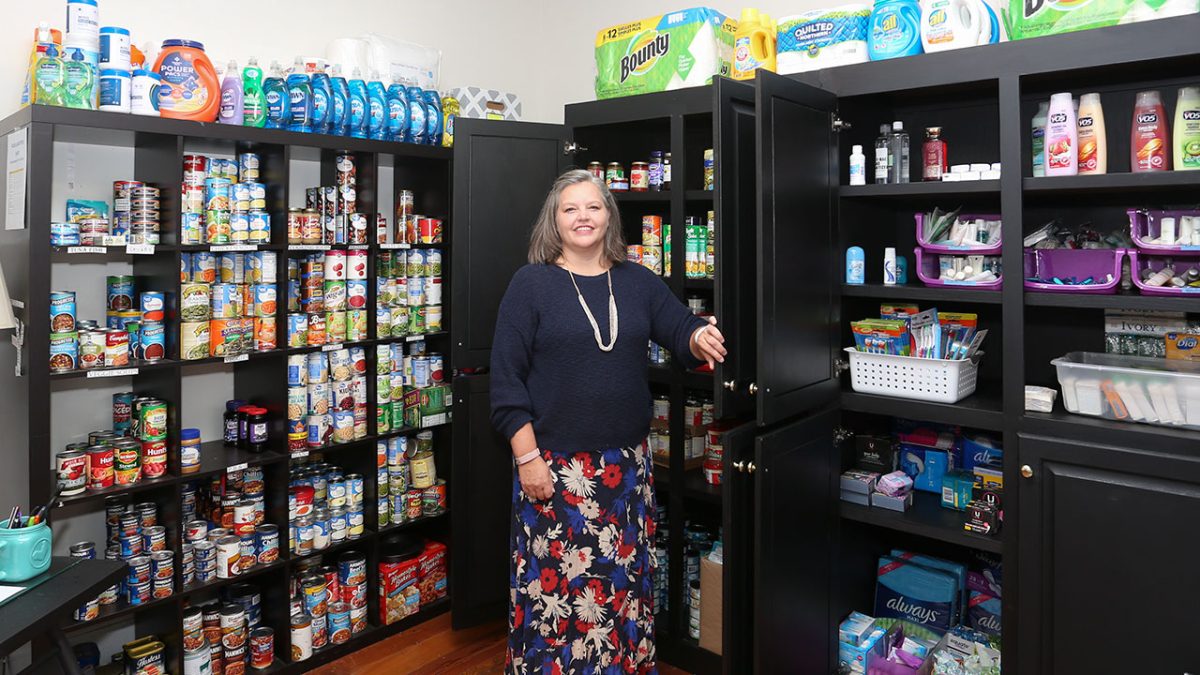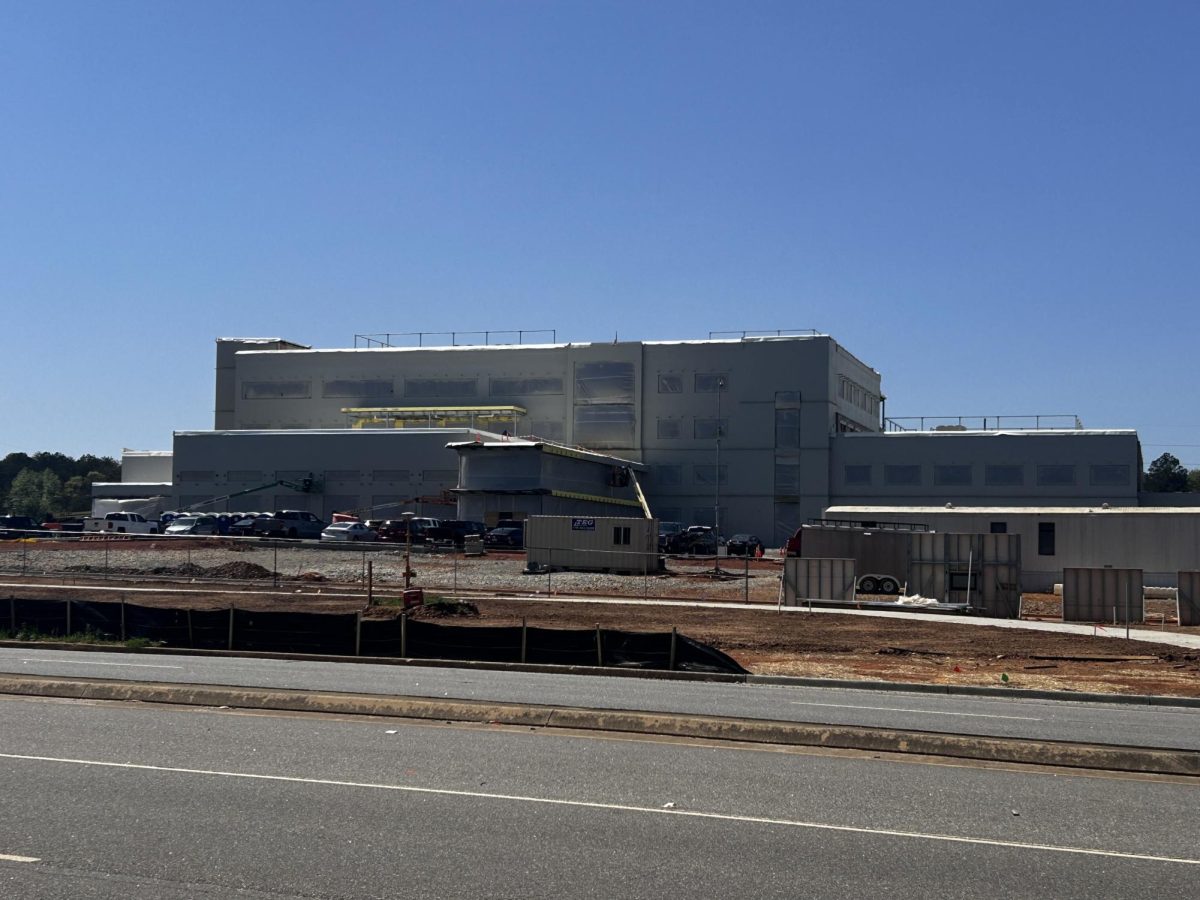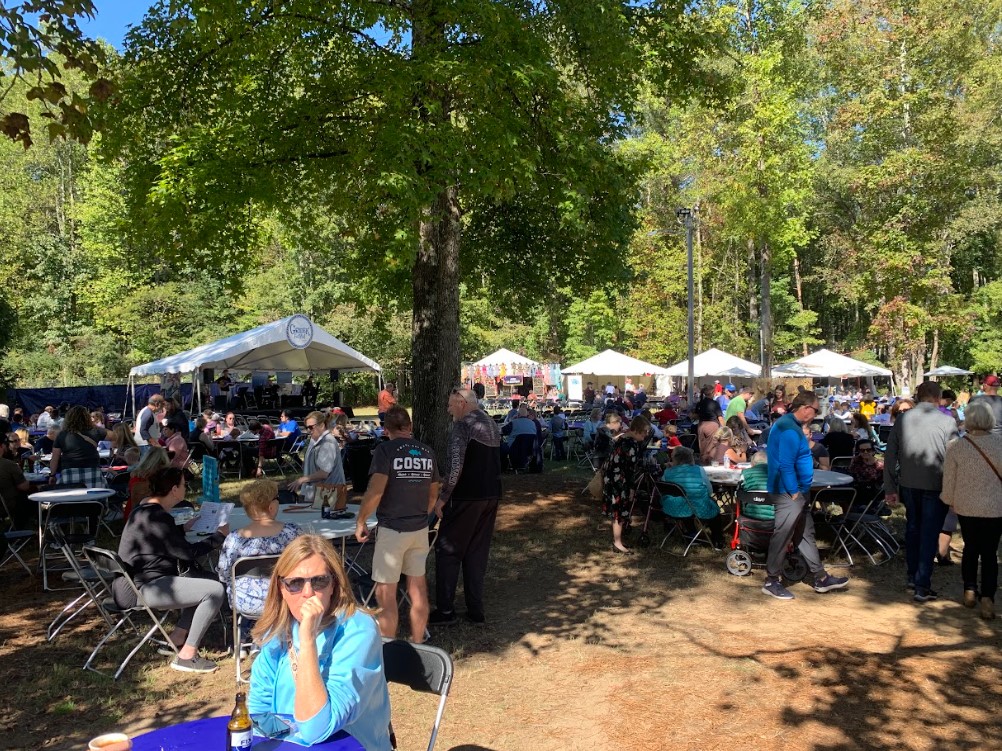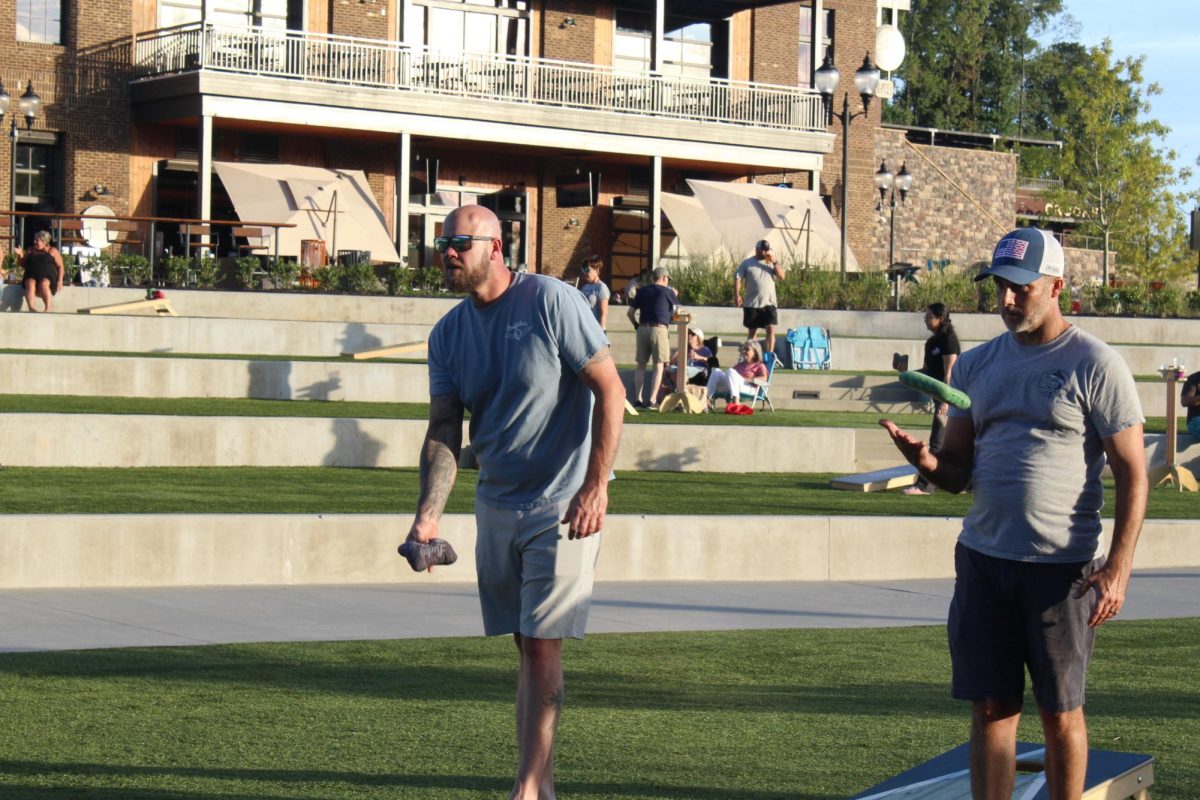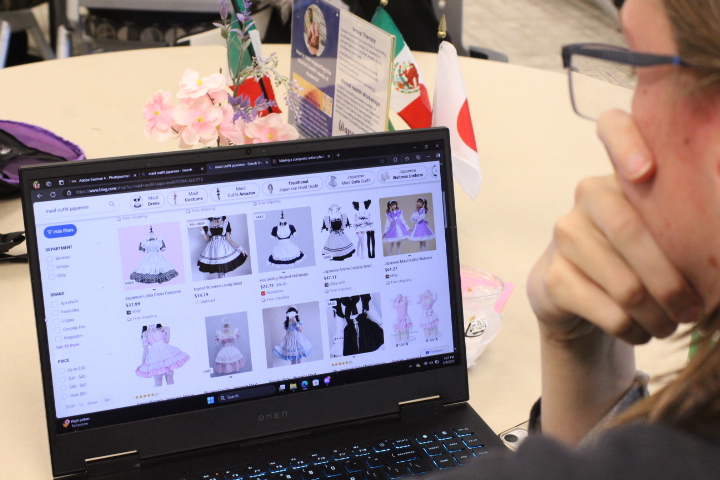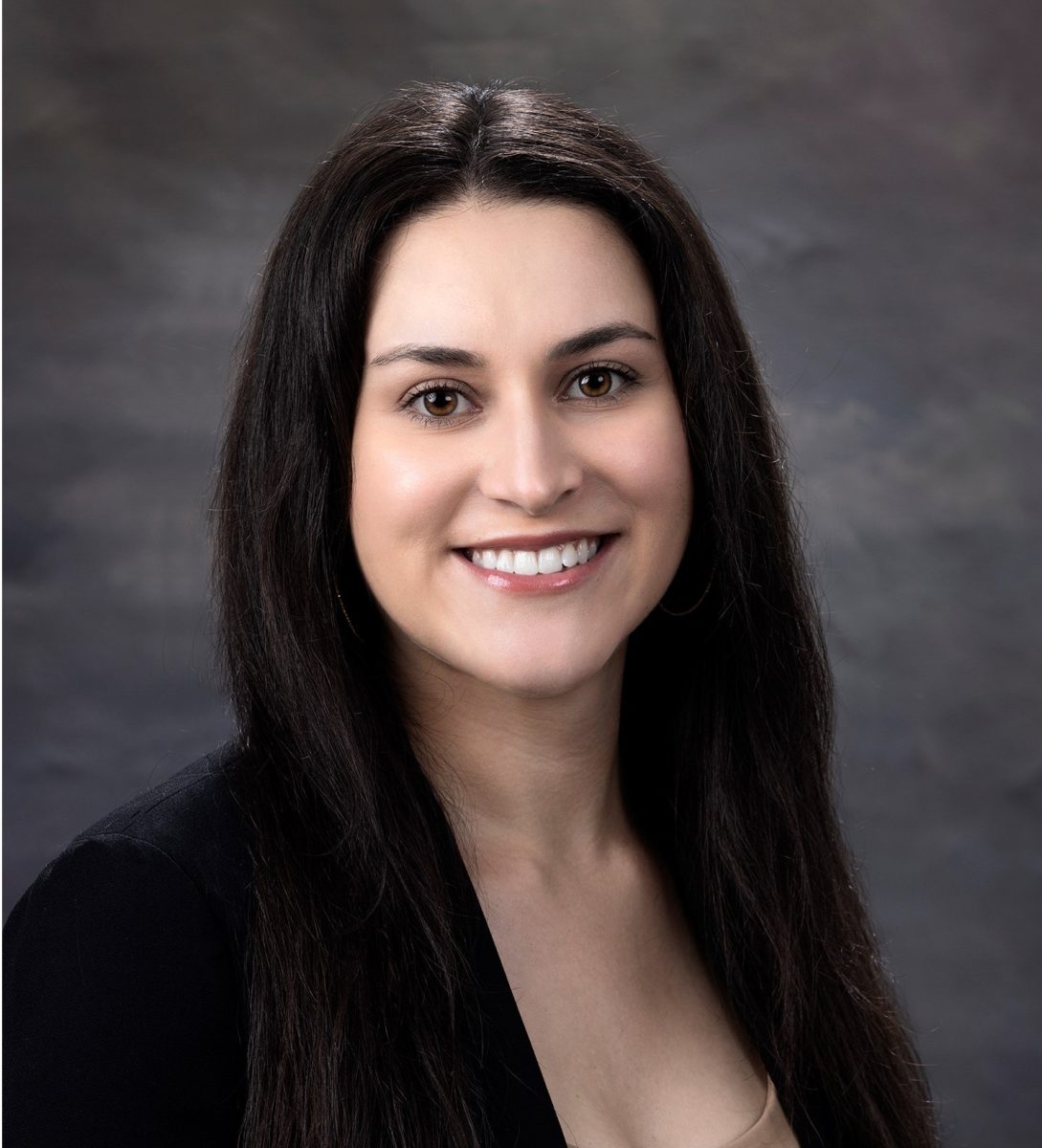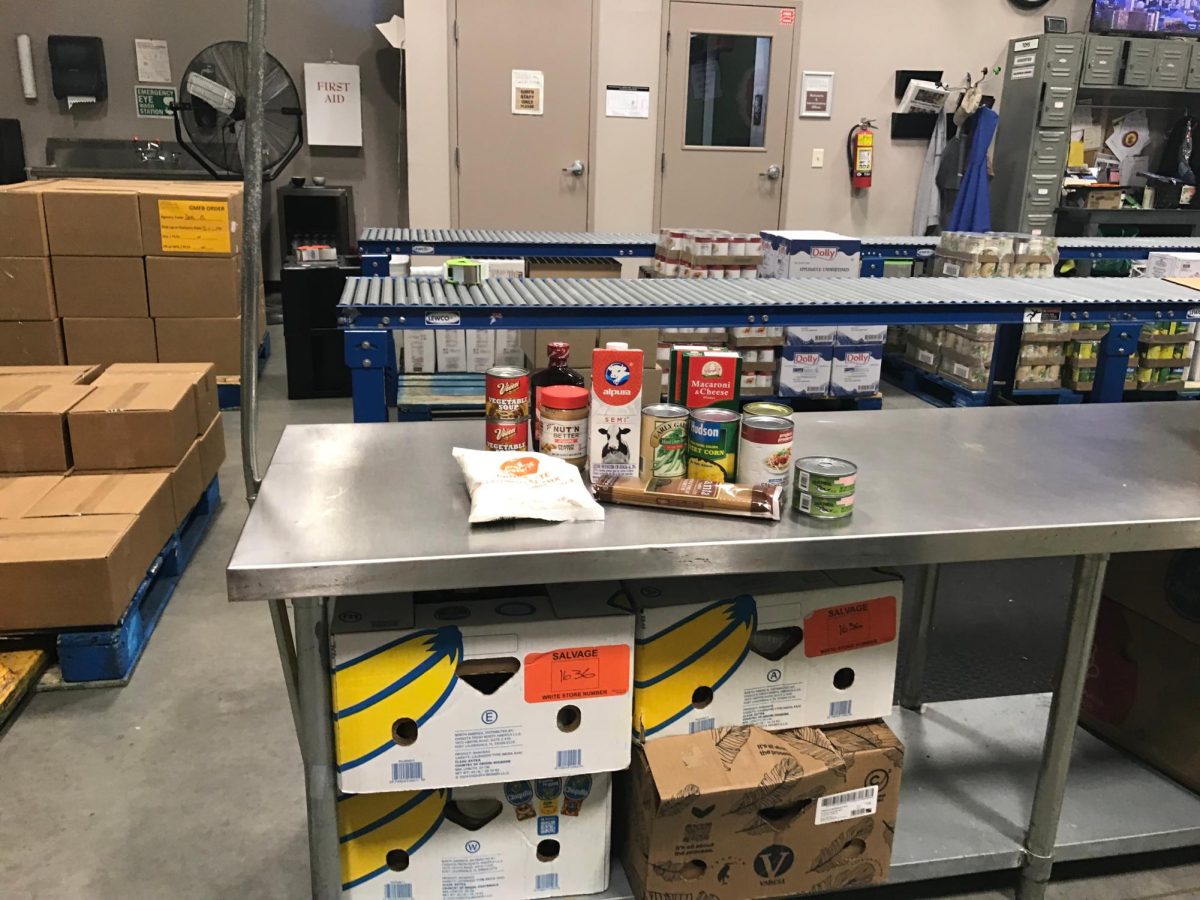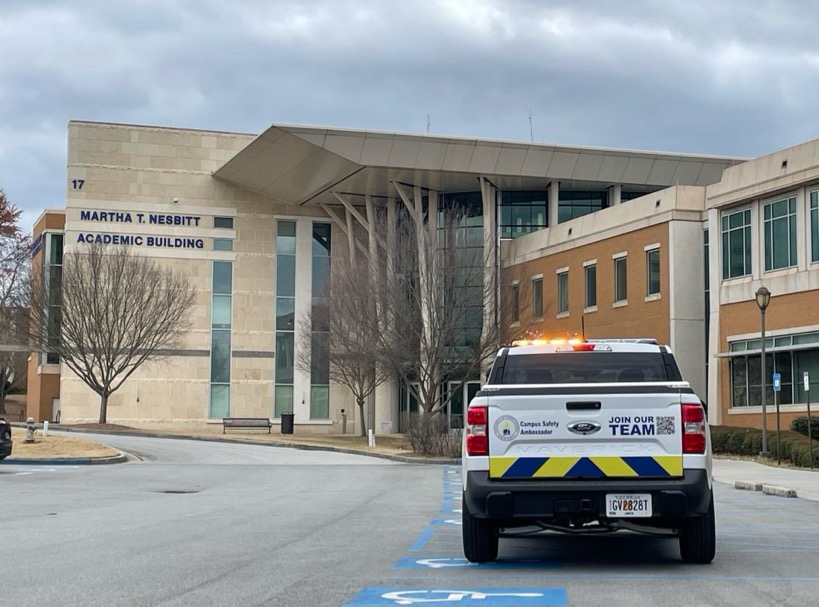Derek Chauvin was found guilty on Apr. 20 of all three charges brought against him for the murder of George Floyd.
If you weren’t able to watch the trial live, here are some of the key moments during the trial.
Opening statements were made on Mar. 29 by both the prosecution and defense.
The prosecution’s opening statement was made by Jerry Blackwell, who argued that Chauvin deliberately used excessive and unreasonable force against a defenseless George Floyd.
“Mr. Chauvin’s conduct was a substantial cause of Mr. Floyd’s death,” said Blackwell.
“Putting a knee on his back for nine minutes and 29 seconds was an imminently dangerous activity, and he did it without regard to what impact it had on Floyd’s life.”
Eric Nelson, Chauvin’s defense attorney, wanted the jury to look beyond the ten minutes that Chauvin kneeled on Floyd’s neck.
Nelson claimed that Floyd’s death was not the result of Chauvin’s actions, but rather due to a pre-existing heart condition and the drugs that were in Floyd’s system.
He told the jury that “Chauvin did exactly what he had been trained to do over the course of his 19-year career.”
Another area of focus for the defense was the growing crowd, which officers “perceive to be a threat.”
Out of the almost 400 potential witnesses listed, only 38 were called on to testify in the three weeks that the trial took place.
The first witness to be called to the stand was Jena Scurry, the 911 dispatcher who handled the situation.
Scurry testified that while watching the footage of Chauvin kneeling on Floyd, she believed that the video was frozen.
When told that the video was not frozen, she knew that something was wrong.
“My instincts were telling me that something was wrong,” Scurry testified. “I don’t know what, but something wasn’t right.”
Donald Williams, who was at the scene of Floyd’s death and was vocal about the issues of the situation, was also called to testify on the first and second days of the trial.
At the scene, he repeatedly told Chauvin to get off of Floyd and told Officer Thao to intervene.
Williams is an expert in martial arts and was able to give a detailed testimony of the type of chokehold used by Chauvin.
He called it a “blood choke” and said that it restricts circulation.
“I called the police on the police because I believe I witnessed a murder.”
On day two of the trial, Genevieve Hansen, who was also at the scene of Floyd’s death that day as an off-duty firefighter, was called to testify.
Worried about Floyd’s well-being, she repeatedly asked permission from the officers to help Floyd and to check for a pulse.
Each time, she was rebuffed and told to stay back.
“There is a man being killed, and I would have been able to provide medical attention to the best of my abilities,” said Hansen.
“This human was not provided that right.”
Courteney Ross, George Floyd’s girlfriend of three years, gave her testimony on Day Four.
Ross testified that they both struggled on and off with opioid addictions; however, they put in the effort to help better themselves.
“We got addicted and tried really hard to break that addiction many times.”
Medaria Arradondo, Chief of the Minneapolis Police Department, was called to testify on Day Six of the trial, the start of the second week.
He spoke about the department’s training and policies and how Chauvin’s actions differed.
“Once Mr. Floyd had stopped resisting – and certainly once he was in distress and trying to verbalize that – they should have stopped.”
Day Nine of the trial introduced Dr. Martin Tobin, a pulmonology and critical care physician.
He concluded that Floyd died from a “low level of oxygen, which caused damage to his brain…and it also causes [an arrhythmia] that caused his heart to stop.”
The Chief Hennepin County Medical Examiner, Dr. Andrew Baker, testified on Day 10.
Dr. Baker performed the autopsy on Floyd and ruled that the death was a homicide.
He claims that the death was caused by “cardiopulmonary arrest complicating law enforcement subdual, restraint and neck compression.”
Barry Brodd, a use-of-force expert, was called to testify for the defense on Day 12 of the trial.
He testified that, in his opinion, Chauvin’s actions were reasonable.
He also claimed that he does not believe the “prone control” position was a use of force.
The final witness called by the defense was Dr. David Fowler, an expert medical witness, who recently retired as Chief Medical Examiner for Maryland.
He testified that Floyd died of cardiac arrest combined with illicit drugs in his body and not from lack of oxygen.
He claimed he would have classified the death as undetermined due to the multiple factors, even citing carbon monoxide from the police squad car as a possible factor.
The prosecution called Dr. Tobin back as a rebuttal witness, who directly opposed Fowler’s testimony, saying that tests proved that Floyd’s carbon monoxide level was normal.
Chauvin invoked his Fifth Amendment rights to not testify in his trial, which marked the completion of the defense’s case.
Closing arguments took place on Apr. 19.
The prosecution gave a one-hour and 45-minute closing argument to drill in that Chauvin purposefully deprived Floyd of oxygen.
“The only thing about the defendant’s intent that we have to prove is that he applied force to George Floyd on purpose,” Steve Schleicher said.
“Somebody’s telling you they can’t breathe, and you keep doing it. You’re doing it on purpose.”
Eric Nelson then took almost three hours to conclude his argument.
As the jury deliberated, Nelson moved for a mistrial due to jurors having been exposed to prejudicial media content, but the judge dismissed the motion.
The judge also admitted that U.S. Congresswoman Maxine Waters’ call for protesters to “get more confrontational” if Chauvin was not found guilty may give the defense team an opportunity to appeal and have the whole trial overturned.
The charges Chauvin was found guilty of are second-degree unintentional murder, third-degree murder, and second-degree manslaughter.
He will be sentenced at a hearing on June 25, delayed from the original date of June 16.
The other officers at the scene, Thomas Lane, J. Alexander Kueng, and Tou Thao were charged with aiding and abetting second-degree murder and manslaughter.
Their trial is set to begin on Aug. 23, and they will be tried as co-defendants.






